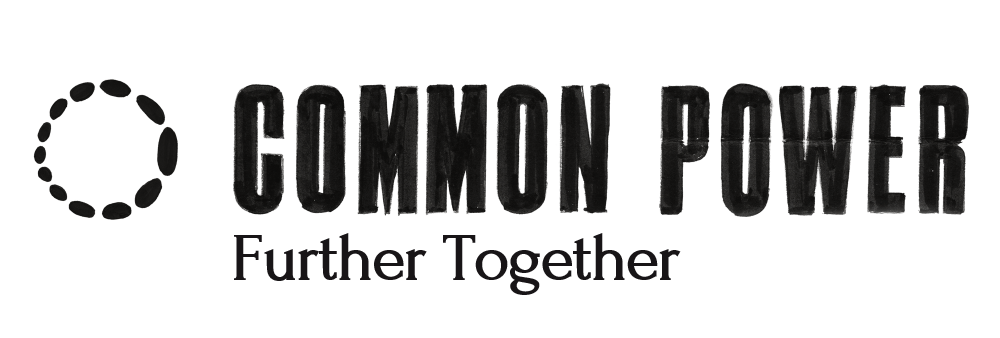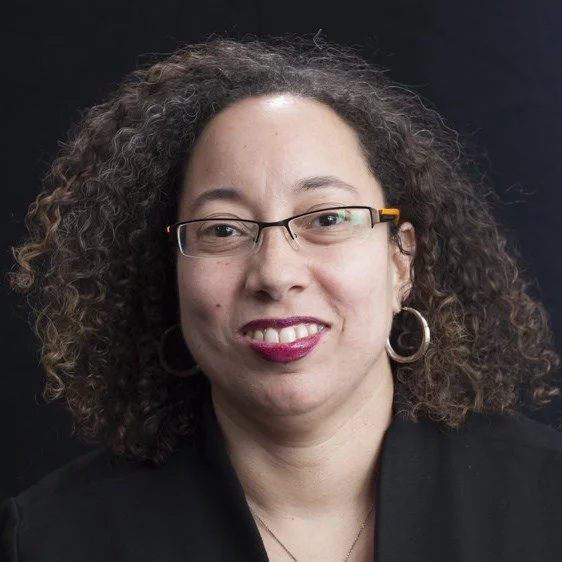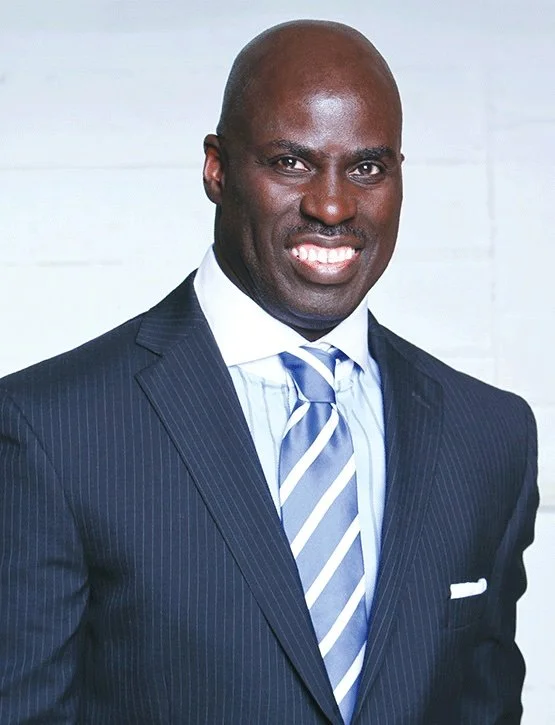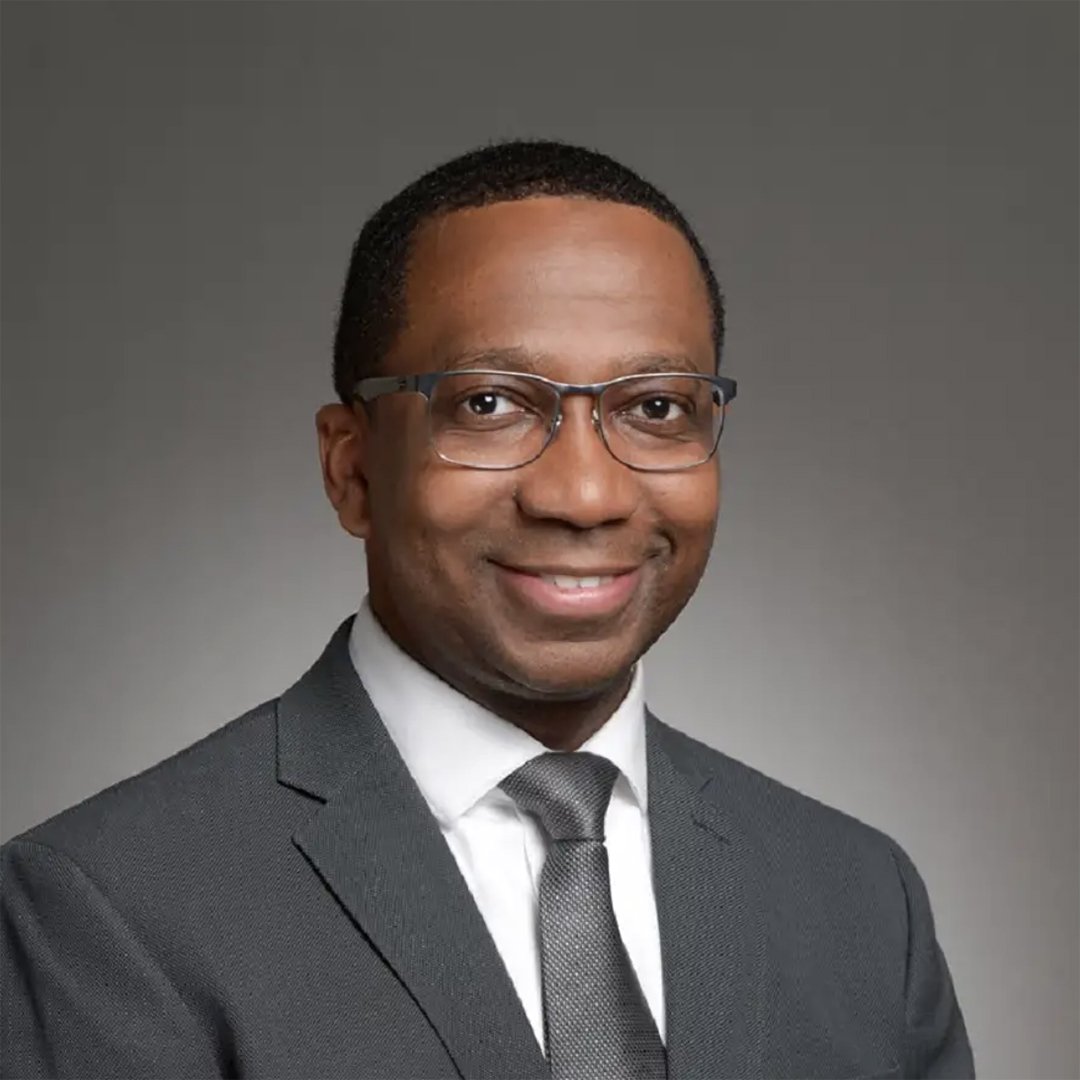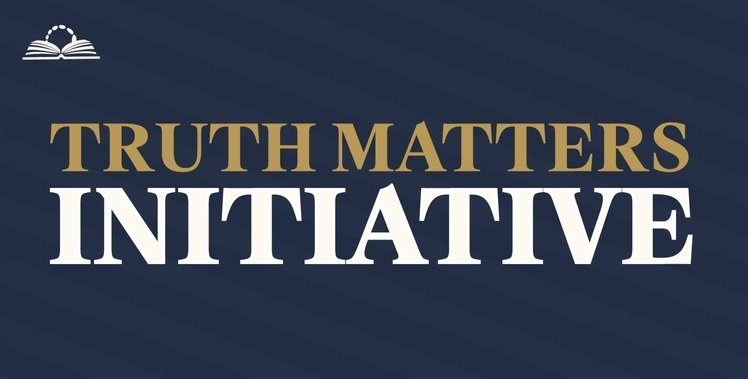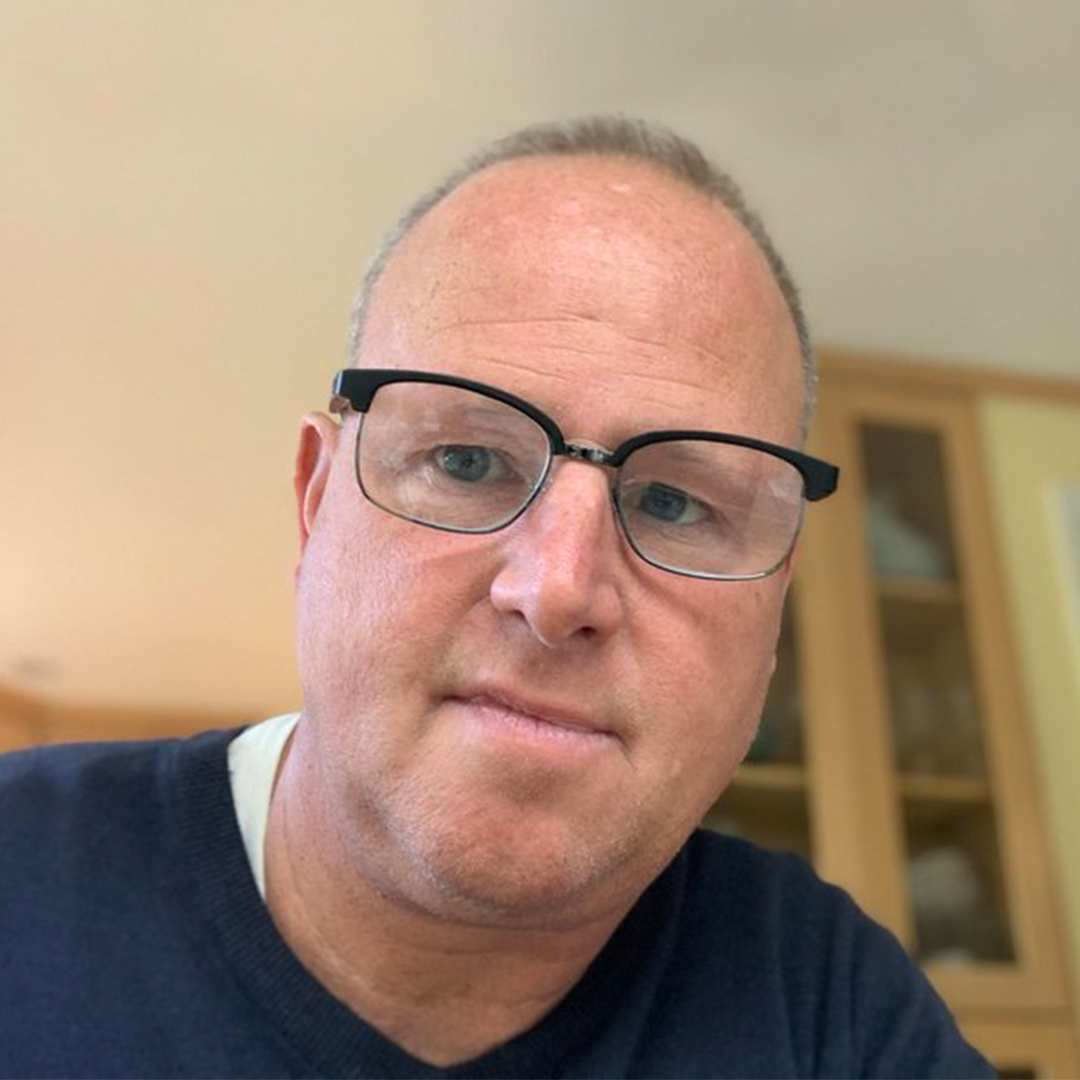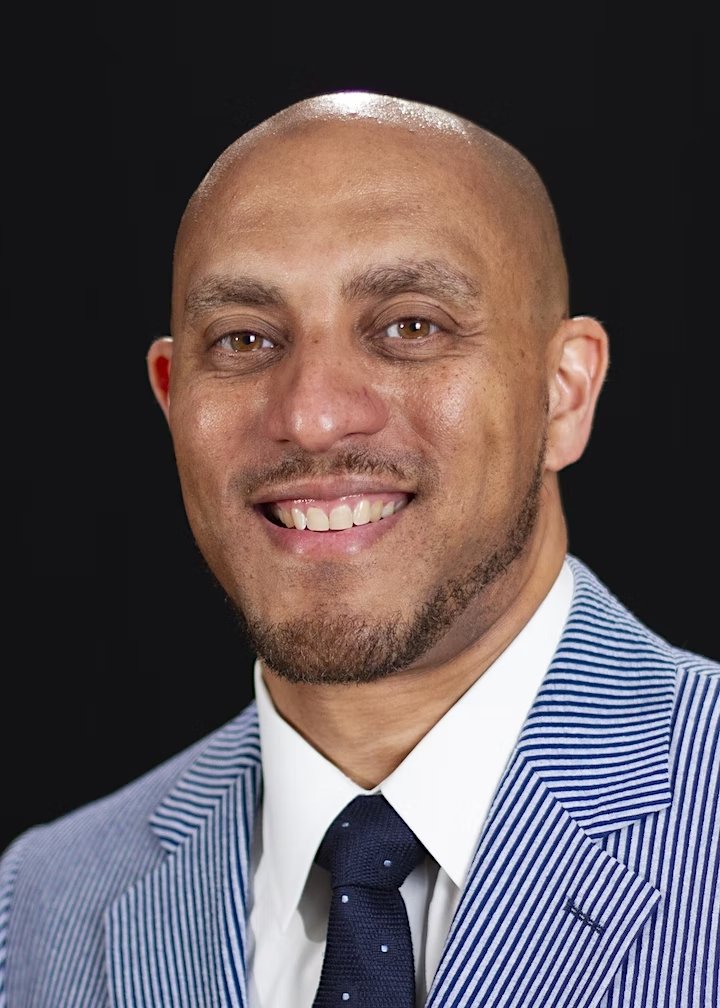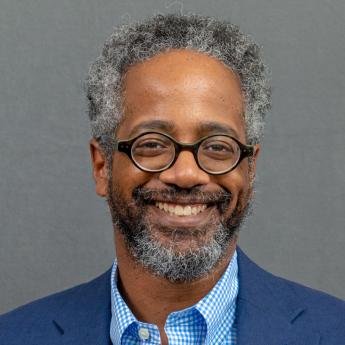Events (all Pacific Times)

Foundational Course: African American Constitutional and Legal History - Lecture 3
Speaker: Dr. Yohuru Williams
Course Dates: Mondays, May 6th, 13th, and 20th
Course Time: 5:00 pm PST - 6:30 pm PST (8:00 pm EST to 9:30 pm EST)
This course will delve into the complex tapestry of social, economic, and political ramifications resulting from pivotal Supreme Court decisions. From the notorious Plessy v. Ferguson (1896), which upheld racial segregation, to the transformative Brown v. Board of Education (1954), striking down state-sponsored segregation in public schools, participants will analyze how these decisions reverberated through American society.
Special emphasis will be placed on landmark cases such as Shelby County v. Holder (2013), which dismantled key provisions of the Voting Rights Act, exploring its profound impact on the political landscape, and voting rights. The course concludes with an examination of Students for Fair Admissions v. Harvard (2023), probing the contemporary intersection of race and higher education. Through critical analysis and discussions, students will gain a comprehensive understanding of the intricate connections between legal decisions and the social, economic, and political dynamics that have shaped African American constitutional history.

Foundational Course: African American Constitutional and Legal History - Lecture 2
Speaker: Dr. Yohuru Williams
Course Dates: Mondays, May 6th, 13th, and 20th
Course Time: 5:00 pm PST - 6:30 pm PST (8:00 pm EST to 9:30 pm EST)
This course will delve into the complex tapestry of social, economic, and political ramifications resulting from pivotal Supreme Court decisions. From the notorious Plessy v. Ferguson (1896), which upheld racial segregation, to the transformative Brown v. Board of Education (1954), striking down state-sponsored segregation in public schools, participants will analyze how these decisions reverberated through American society.
Special emphasis will be placed on landmark cases such as Shelby County v. Holder (2013), which dismantled key provisions of the Voting Rights Act, exploring its profound impact on the political landscape, and voting rights. The course concludes with an examination of Students for Fair Admissions v. Harvard (2023), probing the contemporary intersection of race and higher education. Through critical analysis and discussions, students will gain a comprehensive understanding of the intricate connections between legal decisions and the social, economic, and political dynamics that have shaped African American constitutional history.

Foundational Course: African American Constitutional and Legal History - Lecture 1
Speaker: Dr. Yohuru Williams
Course Dates: Mondays, May 6th, 13th, and 20th
Course Time: 5:00 pm PST - 6:30 pm PST (8:00 pm EST to 9:30 pm EST)
This course will delve into the complex tapestry of social, economic, and political ramifications resulting from pivotal Supreme Court decisions. From the notorious Plessy v. Ferguson (1896), which upheld racial segregation, to the transformative Brown v. Board of Education (1954), striking down state-sponsored segregation in public schools, participants will analyze how these decisions reverberated through American society.
Special emphasis will be placed on landmark cases such as Shelby County v. Holder (2013), which dismantled key provisions of the Voting Rights Act, exploring its profound impact on the political landscape, and voting rights. The course concludes with an examination of Students for Fair Admissions v. Harvard (2023), probing the contemporary intersection of race and higher education. Through critical analysis and discussions, students will gain a comprehensive understanding of the intricate connections between legal decisions and the social, economic, and political dynamics that have shaped African American constitutional history.
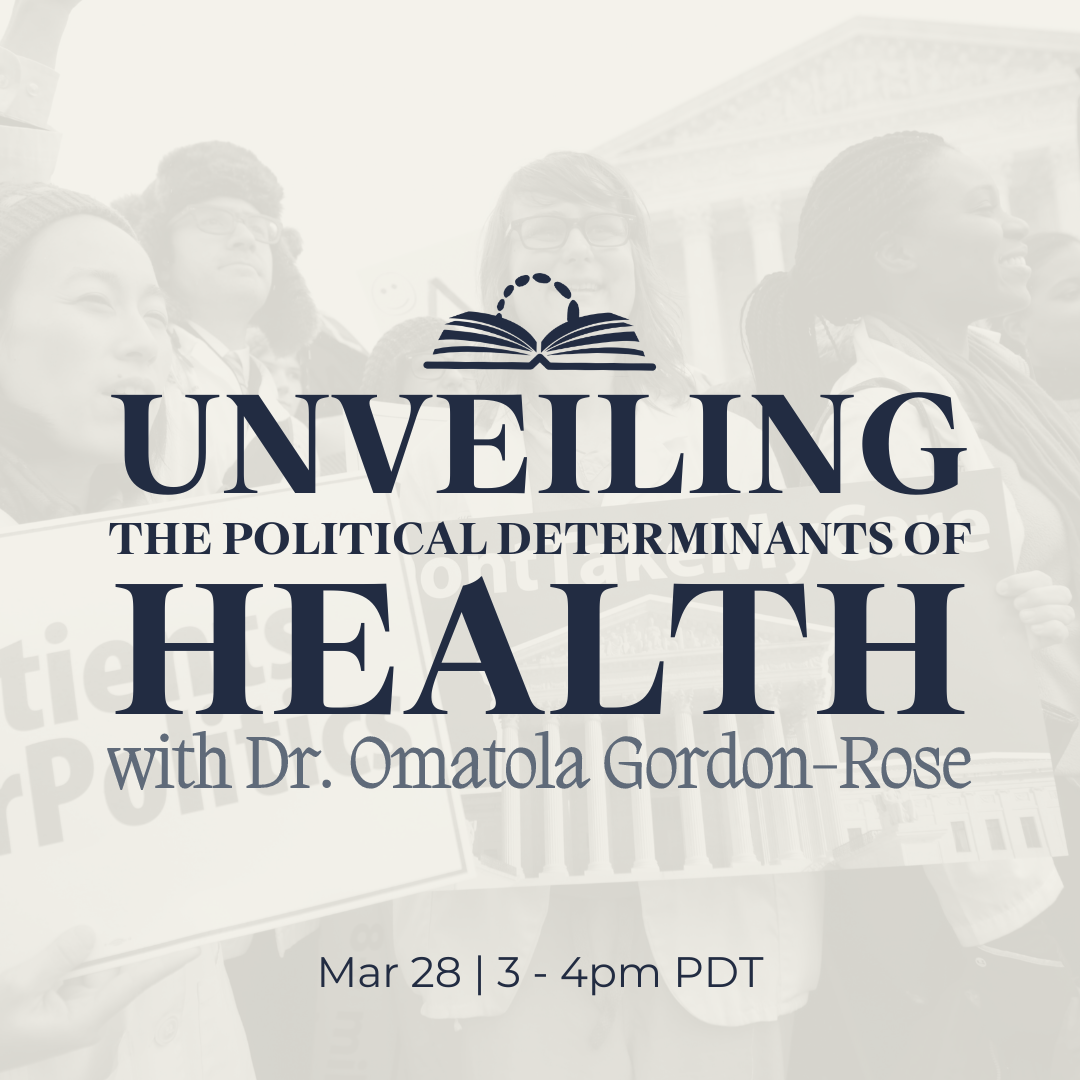
Unveiling the Political Determinants of Health: Impact, Challenges, and Solutions
A lecture offered in partnership with UW's Department of Medicine.
This lecture delves into the intricate relationship between politics and healthcare, uncovering the root causes of disparities in access and outcomes. By exploring the impact of political determinants on health equity, participants will gain a comprehensive understanding of the challenges faced in providing equitable healthcare. Through a blend of theoretical analysis and real-world case studies, this lecture equips learners with actionable solutions to address these pressing issues. Join us on this transformative journey to advocate for inclusive healthcare policies and drive meaningful change in our communities.
Lecture Outcomes
Understand the Political Determinants of Health concept, including its historical context and significance in public health.
Identify the political factors that influence healthcare disparities, such as policy-making processes, political ideologies, and resource allocation.
Explore the structural inequities in healthcare systems, focusing on healthcare access, quality, and outcomes.
Learn about the challenges involved in addressing Political Determinants, including power dynamics, policy resistance, and public opinion.
Speaker:
Dr. Omatola Gordon-Rose, DrPH, MPH, GCBM, CLC, stands as a towering figure in public health, dedicating over two decades to the noble cause of diminishing health disparities and fostering health equity. Her illustrious career is a testament to her deep-seated commitment to tackling the root causes of health inequities through extensive public health programs, education, and advocacy.
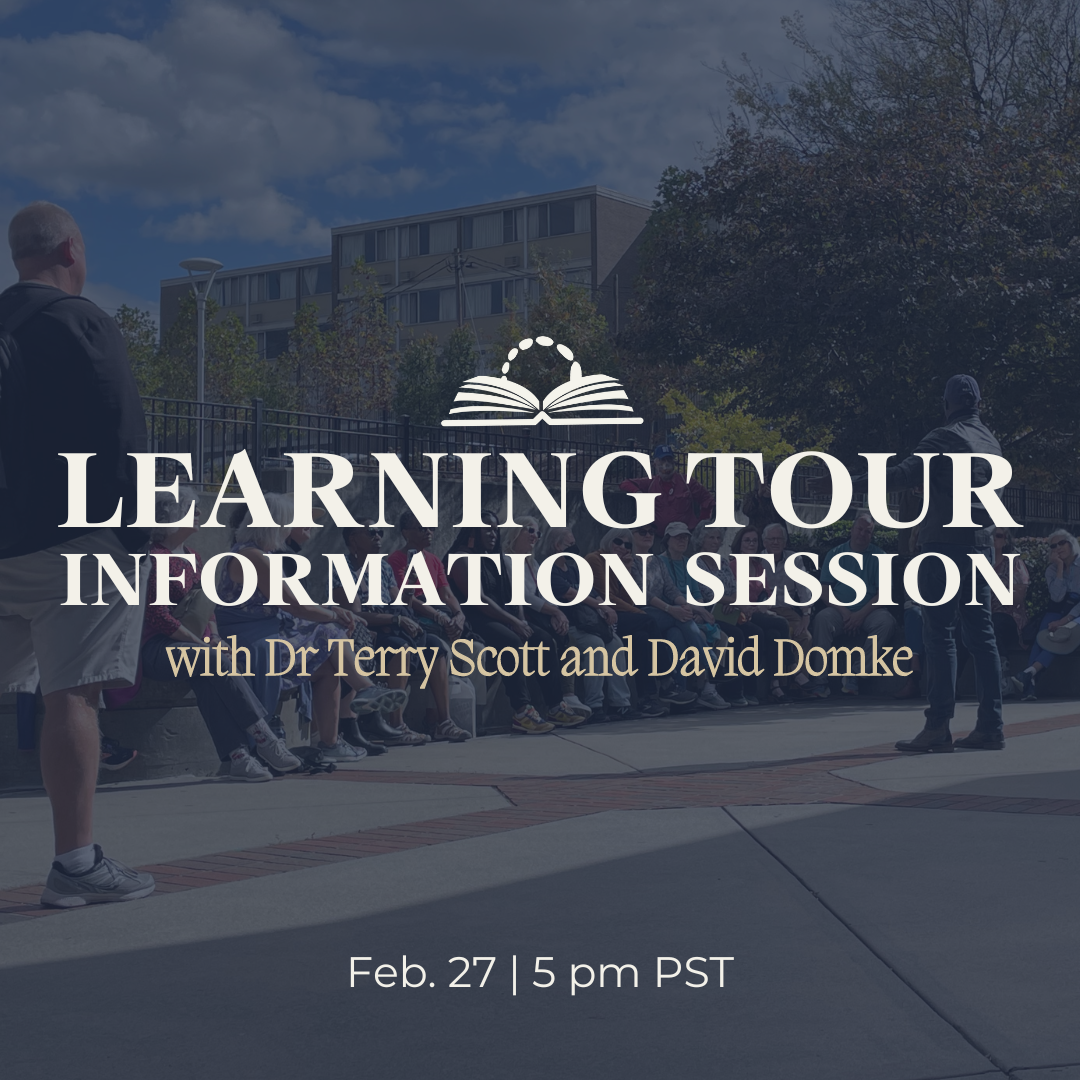
Learning Tour Information Session
The Institute for Common Power is a key education arm of Common Power. In the Institute we engage in Movement Learning, in which we are inspired by, learn from, and build upon the strategies enacted by movements for Emancipation, Citizenship, Suffrage, Civil Rights, and Justice to inform how we take action to foster a just and inclusive democracy today.
Join Dr. Terry Scott and David Domke in an information session for the Common Power Truth and Purpose learning tour from April 18th to the 23rd.

Foundational Course - The Great Migration: A Movement of Courage and Empowerment - Lecture 3
In this three-lecture course, Dr. Terry Anne Scott will examine the Great Migration in American history. From the late nineteenth century continuing until the 1960s, millions of African Americans migrated out of the South in search of what Mississippi-born author Richard Wright once characterized as the “warmth of other suns.” Black Southerners escaped the Jim Crow South for a less racially oppressive North and West. They left, altering the racial and political landscape of the entire country.
Dr. Terry Anne Scott
Wednesdays, November 1, 8, 15
5:00 pm PST / 8:00 EST
All lectures will be recorded and available until December 1.
Lecture Three: Life in a New City (Chicago, Detroit, Seattle, New York)
The swelling of the Black populations in towns and cities meant job competition and what historian Allen Spears has referred to as increased “social visibility,” both of which grated on the already thin racial tolerance of many local whites. Migration brought black and white people into ostensibly unrestricted contact, which subsequently made Blacks’ presence and varied assertions of freedom highly threatening. But Black people found a way to thrive, despite these challenges.
Join Dr. Scott as she explores the lives of Black migrants in three cities: Chicago, Detroit, Seattle, and New York. We will examine how African Americans reestablished community in these cities. Where did they work? What businesses did they create? How did they gain political power? What were their leisure outlets? How did the migration change America?

Foundational Course - The Great Migration: A Movement of Courage and Empowerment - Lecture 2
In this three-lecture course, Dr. Terry Anne Scott will examine the Great Migration in American history. From the late nineteenth century continuing until the 1960s, millions of African Americans migrated out of the South in search of what Mississippi-born author Richard Wright once characterized as the “warmth of other suns.” Black Southerners escaped the Jim Crow South for a less racially oppressive North and West. They left, altering the racial and political landscape of the entire country.
Dr. Terry Anne Scott
Wednesdays, November 1, 8, 15
5:00 pm PST / 8:00 EST
All lectures will be recorded and available until December 1.
Lectures One and Two: Why They Left
In his famed 1925 anthology, The New Negro, Harlem Renaissance writer Alain Locke summarized the desire for change, for humanity that governed the hopes and dreams of Black migrants during the early twentieth century:
The tide of [Black] migration, northward and city-ward, is not to be fully explained as a blind flood started by the demands of the war industry coupled with the shutting off of foreign migration, or by the pressure of poor crops coupled with increased social terrorism in certain sections of the South and Southwest. Neither labor demand, the boll-weevil nor the Ku Klux Klan is a basic factor, however contributory any or all of them may have been. The wash and rush of this human tide on the beach line of the northern city centers are to be explained primarily in terms of a new vision of opportunity, of social and economic freedom, of a spirit to seize, even in the face of an extortionate and heavy toll, a chance for the improvement of conditions.
During lectures one and two, we will examine the push and pull factors outlined by Locke. What led people to engage in an amazing, frightening, urgent, courageous journey for a new life?

Foundational Course - The Great Migration: A Movement of Courage and Empowerment - Lecture 1
In this three-lecture course, Dr. Terry Anne Scott will examine the Great Migration in American history. From the late nineteenth century continuing until the 1960s, millions of African Americans migrated out of the South in search of what Mississippi-born author Richard Wright once characterized as the “warmth of other suns.” Black Southerners escaped the Jim Crow South for a less racially oppressive North and West. They left, altering the racial and political landscape of the entire country.
Dr. Terry Anne Scott
Wednesdays, November 1, 8, 15
5:00 pm PST / 8:00 EST
All lectures will be recorded and available until December 1.
Lectures One and Two: Why They Left
In his famed 1925 anthology, The New Negro, Harlem Renaissance writer Alain Locke summarized the desire for change, for humanity that governed the hopes and dreams of Black migrants during the early twentieth century:
The tide of [Black] migration, northward and city-ward, is not to be fully explained as a blind flood started by the demands of the war industry coupled with the shutting off of foreign migration, or by the pressure of poor crops coupled with increased social terrorism in certain sections of the South and Southwest. Neither labor demand, the boll-weevil nor the Ku Klux Klan is a basic factor, however contributory any or all of them may have been. The wash and rush of this human tide on the beach line of the northern city centers are to be explained primarily in terms of a new vision of opportunity, of social and economic freedom, of a spirit to seize, even in the face of an extortionate and heavy toll, a chance for the improvement of conditions.
During lectures one and two, we will examine the push and pull factors outlined by Locke. What led people to engage in an amazing, frightening, urgent, courageous journey for a new life?
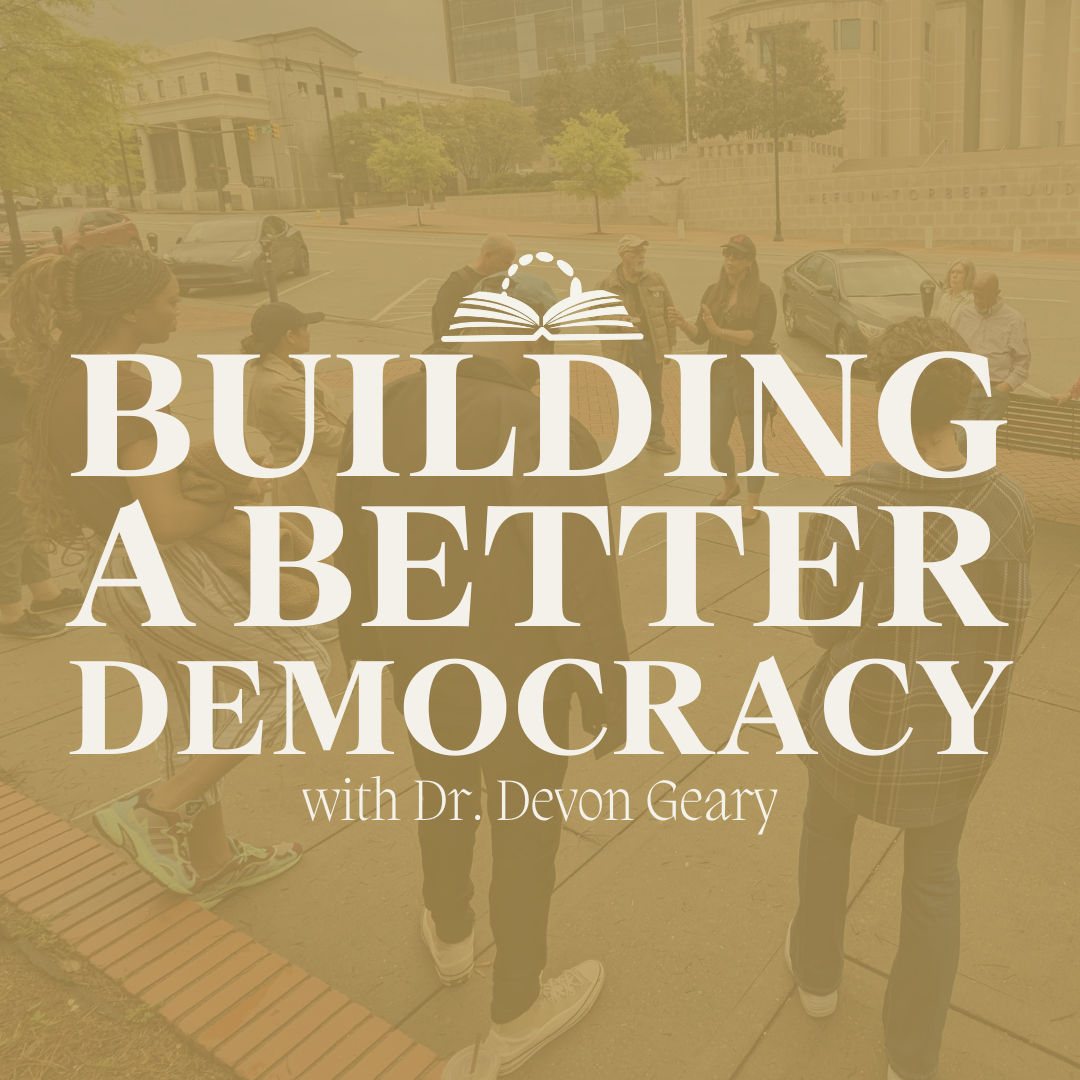
Building a Better Democracy: Session 2
Why Having Difficult Conversations Across Difference Matters and Ways to Engage in More Equitable and Inclusive Communication Workshop Led by Dr. Devon Geary
This workshop explores the personal and political forces that drive us apart and together. We'll discuss the equitable and inclusive communication methods that dialogue facilitators use to talk about and across differences. The workshop's second session is dedicated to applying these methods in conversation.
Session 1: Let's Talk about the Political and Personal Forces that Separate and Connect Us
Session 2: Let's Talk about Identity and Connect in more Equitable ways for a Better Democracy
Dr. Devon Geary:
Dr. Geary is a senior project manager in the Institute for Common Power, earned her doctorate in interpersonal and political communication from the University of Washington, where she was awarded the Excellence in Teaching Award.
Throughout her career, she has been part of several initiatives focused on race and democracy, including at the Emmett Till Interpretive Center in Mississippi, the Highlander Research and Education Center in Tennessee, and Project Pilgrimage in Washington state.
Dr. Geary is committed to building diverse connections in pursuit of political equality, what Dr. Danielle Allen calls “bridging ties” that unite people across differences and lead to more egalitarian civic, health, education, and economic outcomes. In the Institute, Dr. Geary creates and expands programming like learning tours through the American South, educator initiatives, and virtual and in-person lectures and workshops. One of her sheroes is Ella Baker who inspired people to fight for a “freedom of the human spirit” that “encompasses all” of our rich humanity.

Building a Better Democracy
Why Having Difficult Conversations Across Difference Matters and Ways to Engage in More Equitable and Inclusive Communication Workshop Led by Dr. Devon Geary
This workshop explores the personal and political forces that drive us apart and together. We'll discuss the equitable and inclusive communication methods that dialogue facilitators use to talk about and across differences. The workshop's second session is dedicated to applying these methods in conversation.
Session 1: Let's Talk about the Political and Personal Forces that Separate and Connect Us
Session 2: Let's Talk about Identity and Connect in more Equitable ways for a Better Democracy
Dr. Devon Geary:
Dr. Geary is a senior project manager in the Institute for Common Power, earned her doctorate in interpersonal and political communication from the University of Washington, where she was awarded the Excellence in Teaching Award.
Throughout her career, she has been part of several initiatives focused on race and democracy, including at the Emmett Till Interpretive Center in Mississippi, the Highlander Research and Education Center in Tennessee, and Project Pilgrimage in Washington state.
Dr. Geary is committed to building diverse connections in pursuit of political equality, what Dr. Danielle Allen calls “bridging ties” that unite people across differences and lead to more egalitarian civic, health, education, and economic outcomes. In the Institute, Dr. Geary creates and expands programming like learning tours through the American South, educator initiatives, and virtual and in-person lectures and workshops. One of her sheroes is Ella Baker who inspired people to fight for a “freedom of the human spirit” that “encompasses all” of our rich humanity.

Foundational Courses - From the Black Panther Party to Black Lives Matter: Understanding the Contemporary Origins of Black Radical Activism - Lecture Three
Dr. Donna Murch, Associate Professor of History at Rutgers, the State University of New Jersey
Lecture Series Dates: Aug. 8, 15, 22
Virtual Meeting Time: 5:00 - 6:30pm PDT
One ticket provides access to all three lectures. Recordings of the lectures will be sent to all who purchase a ticket. The recordings will remain for two week after the lecture.
This course will explore the contemporary roots of the Movement for Black Lives (M4BL) in the long black freedom movement which spans much of the twentieth century. Central to this history is the emergence of the Black Panther Party (BPP), which was the largest of the Black Power organizations in the postwar years. With its insistence on self-determination, armed self defense, and anti-capitalist politics, the BPP provided a blueprint for Black youth activism in the years to come. In the class, we will explore the direct connection between the two organizations as well as how historical conditions shaped their visions of Black Liberation.
Lecture One: Explore the origins of the Black Panther Party in the Second Great Migration as the majority of African Americans moved from the rural South to large cities in the North and West of the United States. Central to this history is also a sustained tradition of Black nationalist thought encompassing Marcus and Amy Garvey through Malcolm X and Robert F. Williams.
Lecture Two: The second session will focus on the founding of the Black Panther Party in Oakland California and its spread throughout the United States and different parts of globe. This session will also explore how police violence and state repression shaped the BPP’s trajectory. I will use original material from my book Living for the City: Migration, Education and the Rise of the Black Panther Party in Oakland, California.
Lecture Three: Drawing on my recent book, Assata Taught Me: State Violence, Racial Capitalism and the Movement for Black Lives (2022), the final session traces the emergence of the Movement for Black Lives in response to mass incarceration and criminalization of Black people. The session will explore both the political network of #BLMM/M4BL as well as specific organizations like the Dream Defenders and BYP100. One of the core questions we will be discussing is how this movement fits into the larger history of Black Liberation struggles and what the challenges and obstacles of our current political moment.

Foundational Courses - From the Black Panther Party to Black Lives Matter: Understanding the Contemporary Origins of Black Radical Activism - Lecture Two
Dr. Donna Murch, Associate Professor of History at Rutgers, the State University of New Jersey
Lecture Series Dates: Aug. 8, 15, 22
Virtual Meeting Time: 5:00 - 6:30pm PDT
One ticket provides access to all three lectures. Recordings of the lectures will be sent to all who purchase a ticket. The recordings will remain for two week after the lecture.
This course will explore the contemporary roots of the Movement for Black Lives (M4BL) in the long black freedom movement which spans much of the twentieth century. Central to this history is the emergence of the Black Panther Party (BPP), which was the largest of the Black Power organizations in the postwar years. With its insistence on self-determination, armed self defense, and anti-capitalist politics, the BPP provided a blueprint for Black youth activism in the years to come. In the class, we will explore the direct connection between the two organizations as well as how historical conditions shaped their visions of Black Liberation.
Lecture One: Explore the origins of the Black Panther Party in the Second Great Migration as the majority of African Americans moved from the rural South to large cities in the North and West of the United States. Central to this history is also a sustained tradition of Black nationalist thought encompassing Marcus and Amy Garvey through Malcolm X and Robert F. Williams.
Lecture Two: The second session will focus on the founding of the Black Panther Party in Oakland California and its spread throughout the United States and different parts of globe. This session will also explore how police violence and state repression shaped the BPP’s trajectory. I will use original material from my book Living for the City: Migration, Education and the Rise of the Black Panther Party in Oakland, California.
Lecture Three: Drawing on my recent book, Assata Taught Me: State Violence, Racial Capitalism and the Movement for Black Lives (2022), the final session traces the emergence of the Movement for Black Lives in response to mass incarceration and criminalization of Black people. The session will explore both the political network of #BLMM/M4BL as well as specific organizations like the Dream Defenders and BYP100. One of the core questions we will be discussing is how this movement fits into the larger history of Black Liberation struggles and what the challenges and obstacles of our current political moment.

Foundational Courses - From the Black Panther Party to Black Lives Matter: Understanding the Contemporary Origins of Black Radical Activism - Lecture One
Dr. Donna Murch, Associate Professor of History at Rutgers, the State University of New Jersey
Lecture Series Dates: Aug. 8, 15, 22
Virtual Meeting Time: 5:00 - 6:30pm PDT
One ticket provides access to all three lectures. Recordings of the lectures will be sent to all who purchase a ticket. The recordings will remain for two week after the lecture.
This course will explore the contemporary roots of the Movement for Black Lives (M4BL) in the long black freedom movement which spans much of the twentieth century. Central to this history is the emergence of the Black Panther Party (BPP), which was the largest of the Black Power organizations in the postwar years. With its insistence on self-determination, armed self defense, and anti-capitalist politics, the BPP provided a blueprint for Black youth activism in the years to come. In the class, we will explore the direct connection between the two organizations as well as how historical conditions shaped their visions of Black Liberation.
Lecture One: Explore the origins of the Black Panther Party in the Second Great Migration as the majority of African Americans moved from the rural South to large cities in the North and West of the United States. Central to this history is also a sustained tradition of Black nationalist thought encompassing Marcus and Amy Garvey through Malcolm X and Robert F. Williams.
Lecture Two: The second session will focus on the founding of the Black Panther Party in Oakland California and its spread throughout the United States and different parts of globe. This session will also explore how police violence and state repression shaped the BPP’s trajectory. I will use original material from my book Living for the City: Migration, Education and the Rise of the Black Panther Party in Oakland, California.
Lecture Three: Drawing on my recent book, Assata Taught Me: State Violence, Racial Capitalism and the Movement for Black Lives (2022), the final session traces the emergence of the Movement for Black Lives in response to mass incarceration and criminalization of Black people. The session will explore both the political network of #BLMM/M4BL as well as specific organizations like the Dream Defenders and BYP100. One of the core questions we will be discussing is how this movement fits into the larger history of Black Liberation struggles and what the challenges and obstacles of our current political moment.

"I Accept, An Evening of Poetry and Inspiration." By Georgia Poet Laureate Hank Stewart
Please join us for three events to kick off our second year, and help us to raise funds to support educators who are on the front lines of the struggle for truth and democracy. We are seeking to raise funds to send 100 teachers -- from kindergarten through higher education, from all across the United States and beyond -- to travel with the Institute on learning tours, to enroll in continuing education, and to receive small grants to support the zillion ideas that teachers have that school districts can't or won't fund. We need your support!
The final of three events:
Speaker: Georgia Poet Laureate Hank Stewart
Date: Friday, July 21th at 6 pm PDT on Zoom
Hank Stewart is an Emmy Award Winning, Best-selling Author and Poet Laureate of Georgia. He is also an author, activist, philanthropist, humanitarian, and motivational speaker. Stewart is celebrating over 25 years as an artist. Stewart’s talent has afforded him unique opportunities to recite his work to the mother of the civil rights movement Mrs. Rosa Parks, to the (Former) First Lady Michelle Obama. Stewart has written and performed commercials for The McDonalds Corporation and WAGA-Atlanta Black History spots which resulted in the attainment of 2007 Emmy, Promax, and Gabby Awards.
Hank Stewart will be performing his poems and engaging in conversation with those of the CP/Institute community who are in attendance.

The History and Future of Black Physicians in Medicine
Walter D. Conwell, MD, MBA- Chief Diversity and Inclusion Officer:
Dr. Conwell joined the Morehouse School of Medicine in July 2021 as the inaugural Chief Diversity and Inclusion Officer and also serves as the Senior Associate Dean for Faculty Affairs and Development.
This presentation will explore U.S. medical education in the 19th, 20th, and 21st centuries. We will address the creation of black medical schools, the policy forces that lead to the demise of many of these institutions, and the exciting opportunities which lay ahead. In recalling this history, we will explore the impact of policy decisions on social factors and health outcomes.

Brick by Brick: The Fight to Vote and for American Democracy - "SCOTUS in 2023"
Meeting Dates: May 29th, 30th, 31st
Meeting Time: 5:00pm - 7:00pm PDT
May 29th: "The Fight to Vote: The Long March"
May 30th: "2020 and 2022: How the Democrats Gained the Upper Hand"
May 31st: "SCOTUS in 2023"
One ticket for all three lectures
We are now three major election cycles since Donald Trump blew up American democracy in 2016. The fight for voting and democracy are center stage as we work toward a more just and inclusive world. We stand in the eye of the hurricane: we are surviving an onslaught of voter suppression and we are making genuine progress in the fight to vote, AND an extremely conservative Supreme Court is poised any day now to potentially overturn the power -- the common power -- of a democratic electorate making their voices heard.
This course, consisting of three related lectures, will explore the fight for the right to vote and American democracy with a clear eye toward 2024. Brick by brick, the battle for building a more just and inclusive democracy is at hand. Note: this is an encore version of the Institute for Common Power course offered in January 2023. The content will be 80% the same as that series, with 20% updated to reflect developments, including in regard to cases before the US Supreme Court.

Brick by Brick: The Fight to Vote and for American Democracy - "2020 and 2022: How the Democrats Gained the Upper Hand"
Meeting Dates: May 29th, 30th, 31st
Meeting Time: 5:00pm - 7:00pm PDT
May 29th: "The Fight to Vote: The Long March"
May 30th: "2020 and 2022: How the Democrats Gained the Upper Hand"
May 31st: "SCOTUS in 2023"
One ticket for all three lectures
We are now three major election cycles since Donald Trump blew up American democracy in 2016. The fight for voting and democracy are center stage as we work toward a more just and inclusive world. We stand in the eye of the hurricane: we are surviving an onslaught of voter suppression and we are making genuine progress in the fight to vote, AND an extremely conservative Supreme Court is poised any day now to potentially overturn the power -- the common power -- of a democratic electorate making their voices heard.
This course, consisting of three related lectures, will explore the fight for the right to vote and American democracy with a clear eye toward 2024. Brick by brick, the battle for building a more just and inclusive democracy is at hand. Note: this is an encore version of the Institute for Common Power course offered in January 2023. The content will be 80% the same as that series, with 20% updated to reflect developments, including in regard to cases before the US Supreme Court.

Brick by Brick: The Fight to Vote and for American Democracy - "The Fight to Vote: The Long March"
Meeting Dates: May 29th, 30th, 31st
Meeting Time: 5:00pm - 7:00pm PDT
May 29th: "The Fight to Vote: The Long March"
May 30th: "2020 and 2022: How the Democrats Gained the Upper Hand"
May 31st: "SCOTUS in 2023"
One ticket for all three lectures
We are now three major election cycles since Donald Trump blew up American democracy in 2016. The fight for voting and democracy are center stage as we work toward a more just and inclusive world. We stand in the eye of the hurricane: we are surviving an onslaught of voter suppression and we are making genuine progress in the fight to vote, AND an extremely conservative Supreme Court is poised any day now to potentially overturn the power -- the common power -- of a democratic electorate making their voices heard.
This course, consisting of three related lectures, will explore the fight for the right to vote and American democracy with a clear eye toward 2024. Brick by brick, the battle for building a more just and inclusive democracy is at hand. Note: this is an encore version of the Institute for Common Power course offered in January 2023. The content will be 80% the same as that series, with 20% updated to reflect developments, including in regard to cases before the US Supreme Court.

Foundational Courses - The US Civil Rights Movement with Dr. Hasan Kwame Jeffries Part 4
This course explains the origin, evolution, and outcomes of the Civil Rights Movement. In approach, it looks at the movement from the bottom-up and the inside-out, aiming to make clear how everyday Black people made America a fairer and more just - if still imperfect - society.
Meeting Days: Mondays, May 1, 8, 15, 22
Meeting Start Time: 4:30pm PST / 7:30pm EST
Meeting Duration: 90 mins
Meeting End Time: 6:00pm PST / 9:00pm EST)

Truth in Education: A 24-Hour Teach-In for American Democracy
Dr. Terry Anne Scott
Dr. Yohuru Williams
David Domke
Dr. Hasan Jeffries
May 17-18 3pm PST to 3 pm PST (6pm EST to 6pm EST)
We are confronted today in America by an attack on truth in education. It is an attempt by politically motivated individuals, government offices, and politicians to halt the full teaching of American life by eradicating terrible and painful, but fully truthful, aspects of our past, present, and potential futures. At their core, such attacks seek to erase the triumphs of African Americans, women, LGBTQ+ Americans, and others who have been vital in the struggle for civil rights and voting justice. The Institute for Common Power cannot and will not idly watch. This 24-hour teach-in is a public statement that truth in education is not optional. It is essential, and it is the only way forward for American democracy.
This event is free, will be on zoom, and will be 24 hours of live teaching and education from experts and leaders who have learned, have lived, and are undaunted by the full truth of American life. We will include presentations from multiple locations around the United States, including the first three hours from a church in St. Petersburg FL. Florida is at the epicenter of attempting to silence truth in education, and we intentionally begin in the state.
Objectives:
Confront, through direct action, the assault on truth in Florida and beyond
Teach truthful history
Provide education on voter suppression and voter empowerment

Foundational Courses - The US Civil Rights Movement with Dr. Hasan Kwame Jeffries Part 3
This course explains the origin, evolution, and outcomes of the Civil Rights Movement. In approach, it looks at the movement from the bottom-up and the inside-out, aiming to make clear how everyday Black people made America a fairer and more just - if still imperfect - society.
Meeting Days: Mondays, May 1, 8, 15, 22
Meeting Start Time: 4:30pm PST / 7:30pm EST
Meeting Duration: 90 mins
Meeting End Time: 6:00pm PST / 9:00pm EST)

Foundational Courses - The US Civil Rights Movement with Dr. Hasan Kwame Jeffries Part 2
This course explains the origin, evolution, and outcomes of the Civil Rights Movement. In approach, it looks at the movement from the bottom-up and the inside-out, aiming to make clear how everyday Black people made America a fairer and more just - if still imperfect - society.
Meeting Days: Mondays, May 1, 8, 15, 22
Meeting Start Time: 4:30pm PST / 7:30pm EST
Meeting Duration: 90 mins
Meeting End Time: 6:00pm PST / 9:00pm EST)

Foundational Courses - The US Civil Rights Movement with Dr. Hasan Kwame Jeffries (4 Part Series)
The Institute for Common Power strives to facilitate the creation of a just and inclusive democracy while working to eliminate racial inequity. Education can and must lead to action. To this end, the Institute offers a series of courses taught by award-winning scholars who are widely recognized experts in their fields of study. The courses provide clear, comprehensive examinations of multiple topics related to race, culture, and politics in America.
Meeting Days: Mondays, May 1, 8, 15, 22
Meeting Start Time: 4:30pm PST / 7:30pm EST
Meeting Duration: 90 mins
Meeting End Time: 6:00pm PST / 9:00pm EST)
The US Civil Rights Movement with Dr. Hasan Kwame Jeffries
Course Description: The Civil Rights Movement of the 1950s and 1960s transformed America. It ended legalized racial segregation, extended the franchise to Black southerners, and created unprecedented job, business, and housing opportunities for Black northerners. But it also left a great deal undone. This course explains the origin, evolution, and outcomes of the Civil Rights Movement. In approach, it looks at the movement from the bottom-up and the inside-out, aiming to make clear how everyday Black people made America a fairer and more just - if still imperfect - society.
One ticket gives access to all four lectures. Lectures will be recorded and available to view for two weeks for those who purchased tickets
Lecture Titles and Descriptions
Lecture 1 – Groundwork: The Origins of the Civil Rights Movement the civil rights protests of the 1950s and 1960s were many generations in the making. This lecture examines the ideological and organizational roots of mid-century Black protest, introducing key movement figures such as lawyer Charles Hamilton Houston and organizer Ella Baker.
Lecture 2 – The Arc of Justice: Dr. Martin Luther King Jr. and Mass Mobilizing The Montgomery Bus Boycott transformed the movement, providing a model of mass protest and introducing the world to Dr. King. This lecture explores the major mass mobilizing events of the era, from Montgomery, to Birmingham, to Selma, and the activists, along with Dr. King, who led them.
Lecture 3 – “Give light and people will find the way:” SNCC and Grassroot Organizing. The civil rights movement was about much more than marches and demonstrations. This lecture looks at the efforts of student activists to challenge Jim Crow through nonviolent direct action and to empower Black communities in Mississippi and Alabama through voting rights campaigns.
Lecture 4 – ‘What do we want?!’ From Civil Rights Protest to Black Power Politics. Black Power was a logical extension of civil rights gains in the South and the slow pace of progress in the North. This lecture charts the transformation of the movement in the late 1960s, explaining the appeal and impact of the call for Black Power, and highlighting the radical critiques of society offered by Malcolm X and Dr. King.

Foundational Courses - Reconstruction and the Rise of Jim Crow with Dr. Terry Anne Scott: Lecture Three
Reconstruction in America was marked by triumphs and tragedies that collectively worked to usher in a century of Black sovereignty as well as legal and extralegal expressions of white supremacy. Join Dr. Terry Anne Scott as she explores the varied contours of Reconstruction, with particular attention paid to Black freedom expressions and the building of community.
Lecture Three. The Rise of Jim Crow
Lecture dates: April 5, 12, 19
One ticket provides access to all three lectures. Recordings of the lectures will be sent to all who purchase a ticket. The recordings will remain available until May 3
Jim Crow laws that emerged late in the nineteenth century, but the incremental nature of their implementation, as well as Black objections to their creation, would continue to leave a space for unchecked Black sovereignty. Immense and troubling changes by the end of Reconstruction often rendered white southerners the saboteurs of Black progress. Consequently, attempts to arrest any appearance of Black sovereignty and advancement became the hallmarks of Reconstruction. African Americans, however, would fight for justice and work to dismantle white supremacy as their communities continue to grow and prosper.

Foundational Courses - Reconstruction and the Rise of Jim Crow with Dr. Terry Anne Scott: Lecture Two
Reconstruction in America was marked by triumphs and tragedies that collectively worked to usher in a century of Black sovereignty as well as legal and extralegal expressions of white supremacy. Join Dr. Terry Anne Scott as she explores the varied contours of Reconstruction, with particular attention paid to Black freedom expressions and the building of community.
Lecture Two. Reconstruction Triumphs and Black Towns
Lecture dates: April 5, 12, 19
One ticket provides access to all three lectures. Recordings of the lectures will be sent to all who purchase a ticket. The recordings will remain available until May 3
From political powerhouses such as Hiram Revels and Blanche Bruce, to the incorporation of Black towns and the established of Black-owned businesses, organizations, and other entities, Reconstruction was defined in large measure by autonomy and perseverance. Lecture two will examine how African Americans welcomed the post-war era with a spirited readiness to further increase their social and economic autonomy while navigating the racialized violence and suppression that marked the era.

Foundational Courses - Reconstruction and the Rise of Jim Crow with Dr. Terry Anne Scott: Lecture One
Reconstruction in America was marked by triumphs and tragedies that collectively worked to usher in a century of Black sovereignty as well as legal and extralegal expressions of white supremacy. Join Dr. Terry Anne Scott as she explores the varied contours of Reconstruction, with particular attention paid to Black freedom expressions and the building of community.
Lecture One. Post-Civil War Existence
Lecture dates: April 5, 12, 19
One ticket provides access to all three lectures. Recordings of the lectures will be sent to all who purchase a ticket. The recordings will remain available until May 3
The end of the American Civil War necessitated federal intervention to protect the lives and livelihoods freed people. The placement of troops in the South during Congressional Reconstruction—as well as the presence of agents from the Bureau of Refugees, Freedman and Abandoned Lands—helped, in small part, to safeguard Black sovereignty and Black political power following the war, and somewhat quell white violence against freed people. Black people, however, also took their lives and destinies into their own hands as they worked to protect their communities by any means necessary.

Foundational Courses - Women and the Politics of History Part 3
This course explores contested histories in the period from roughly the 1870s to the 1930s, or between Reconstruction and the New Deal. Although extremely few women were professional historians at the time, diverse groups of women played important roles in the writing, conservation, dissemination, and contestation of US history in this period.
Meeting Days: Wednesdays, March 1, 8, 15
Meeting Start Time: 4:30pm PST - 5:45 PST / 7:30pm EST - 8:45 PST
One ticket gives access to all four lectures. Lectures will be recorded and available to view for two weeks for those who purchased tickets

Movement Money: Crises, Relief, and Democratic Practice
Should there be security in struggle? Who determines the crises worthy enough of relief? What was the significance of money in Civil Rights activism? These questions were at the center of the Civil Rights movement in people's everyday lives, but we seldom hear about them.
Dr. Quincy T. Mills:
Associate Professor and Director of Graduate Studies of History at the University of Maryland, College Park.
Dr. Mills is currently writing his second book tentatively titled "The Wages of Resistance: Financing the Black Freedom Movement."
In this lecture, Dr. Quincy T. Mills will use grassroots funding and fundraising during the Civil Rights movement to highlight the importance of social welfare in redefining civil rights as human rights. Activists' efforts to tend to the basic human needs of Black people during struggle speaks to a stolen democratic practice in southern states. He contends that economic security was and is critical in realizing the promises of democracy.

Foundational Courses - Women and the Politics of History Part 2
This course explores contested histories in the period from roughly the 1870s to the 1930s, or between Reconstruction and the New Deal. Although extremely few women were professional historians at the time, diverse groups of women played important roles in the writing, conservation, dissemination, and contestation of US history in this period.
Meeting Days: Wednesdays, March 1, 8, 15
Meeting Start Time: 4:30pm PST - 5:45 PST / 7:30pm EST - 8:45 PST
One ticket gives access to all four lectures. Lectures will be recorded and available to view for two weeks for those who purchased tickets

Foundational Courses - Women and the Politics of History (3 Part Series)
This course explores contested histories in the period from roughly the 1870s to the 1930s, or between Reconstruction and the New Deal. Although extremely few women were professional historians at the time, diverse groups of women played important roles in the writing, conservation, dissemination, and contestation of US history in this period.
Meeting Days: Wednesdays, March 1, 8, 15
Meeting Start Time: 4:30pm PST - 5:45 PST / 7:30pm EST - 8:45 PST
One ticket gives access to all four lectures. Lectures will be recorded and available to view for two weeks for those who purchased tickets

Foundational Courses - Slavery in America: From Origins to Emancipation Part 3
Slavery in America: From Origins to Emancipation
This foundational course, Dr. Terry Anne Scott will survey the struggles and accomplishments of people of African descent in the United States. While some attention will be paid to African origins, the three sessions in this series will analyze the historical path from importation through the Civil War and the process of freedom.
Meeting Dates: Wednesdays, February 8, 15, 22
Meeting Time: 4:30 pm PST - 6:00 pm PST / 7:30 pm EST - 9:00 pm EST
One ticket gives access to all three lectures.
